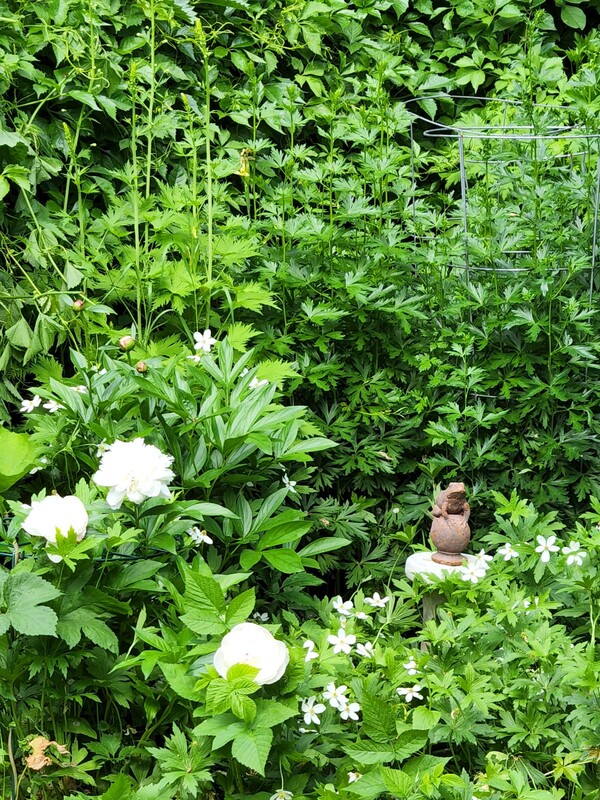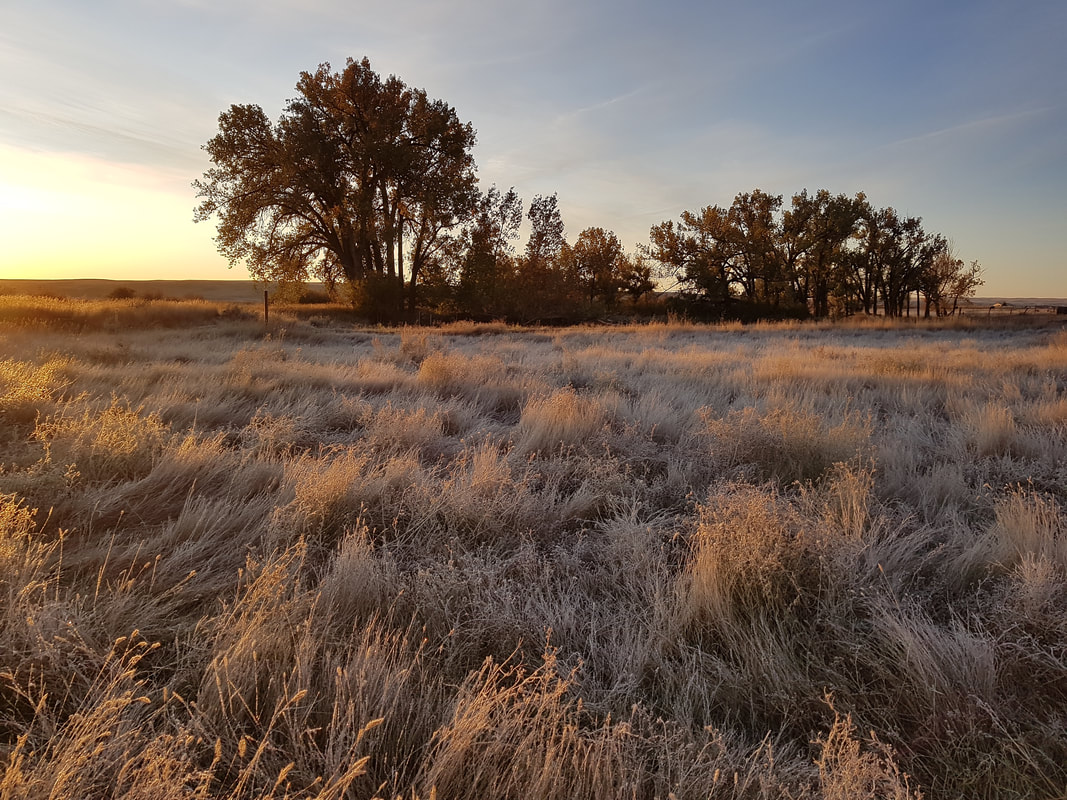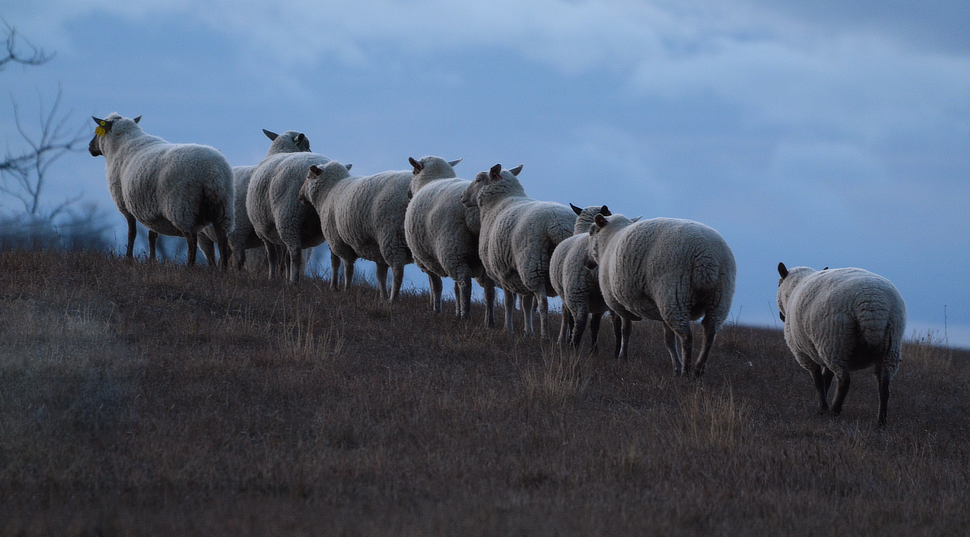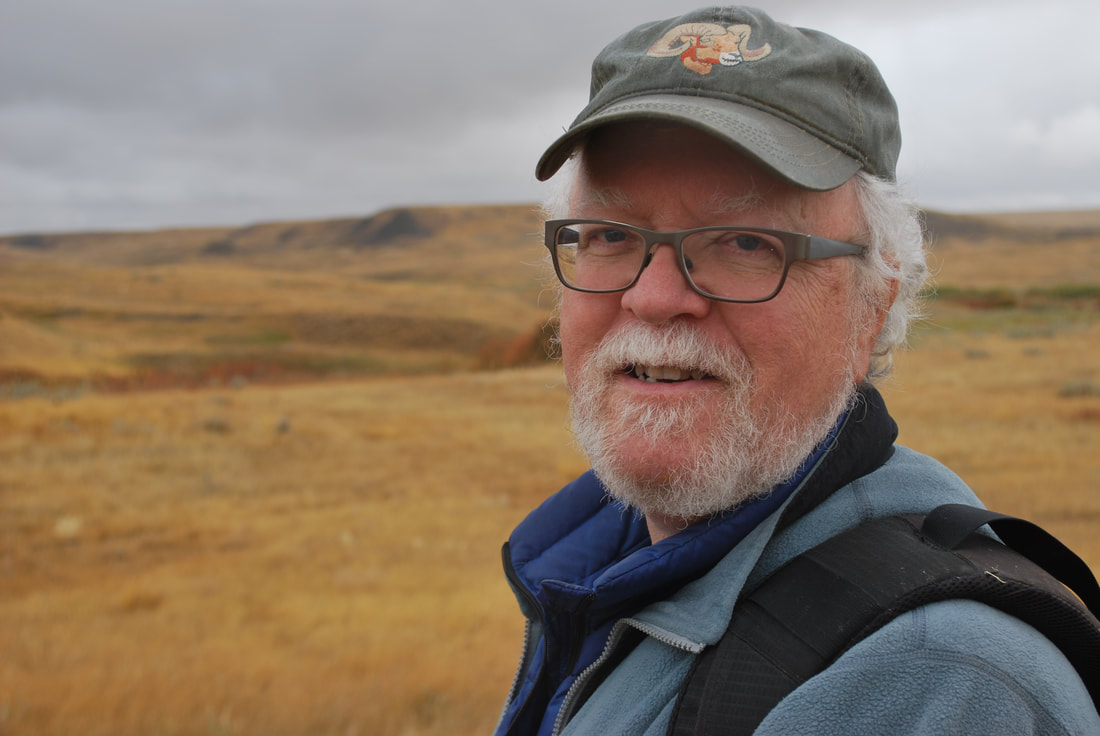The Mermaid and Mrs. Hancock |
Judith Wright is a Canadian writer interested in ordinary wisdom, that is, insight gained through everyday experience that is shared with the wider world.Archives
September 2023
Categories |
Site powered by Weebly. Managed by Web Hosting Canada








 RSS Feed
RSS Feed